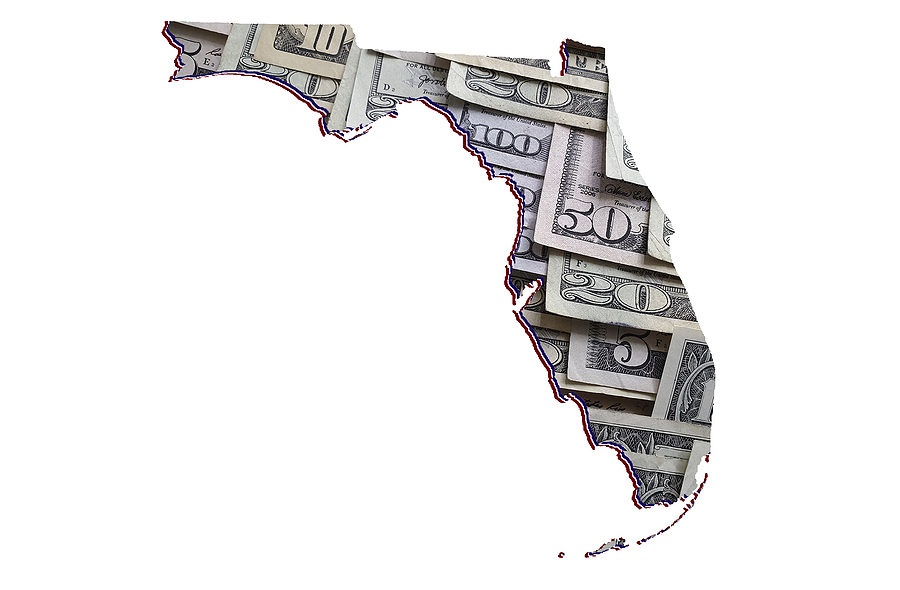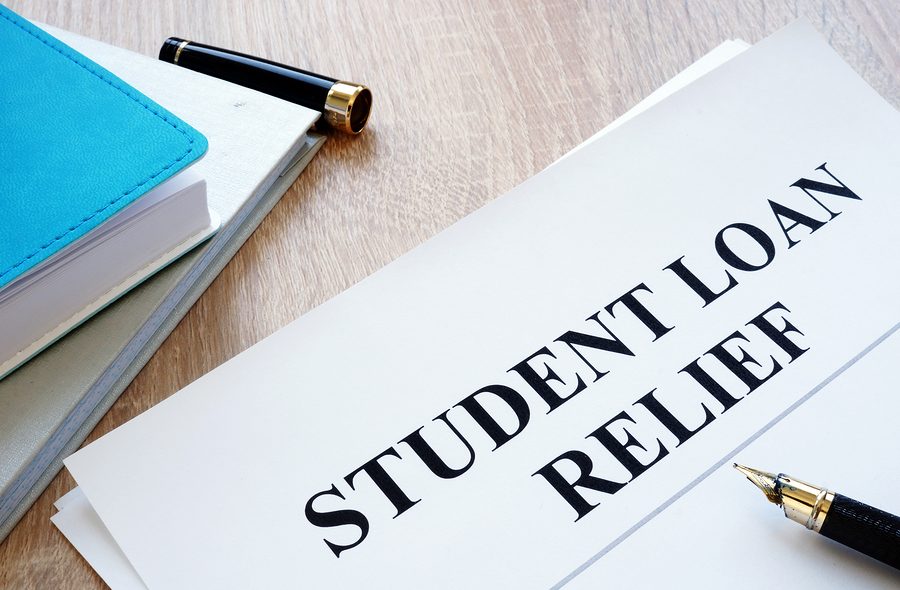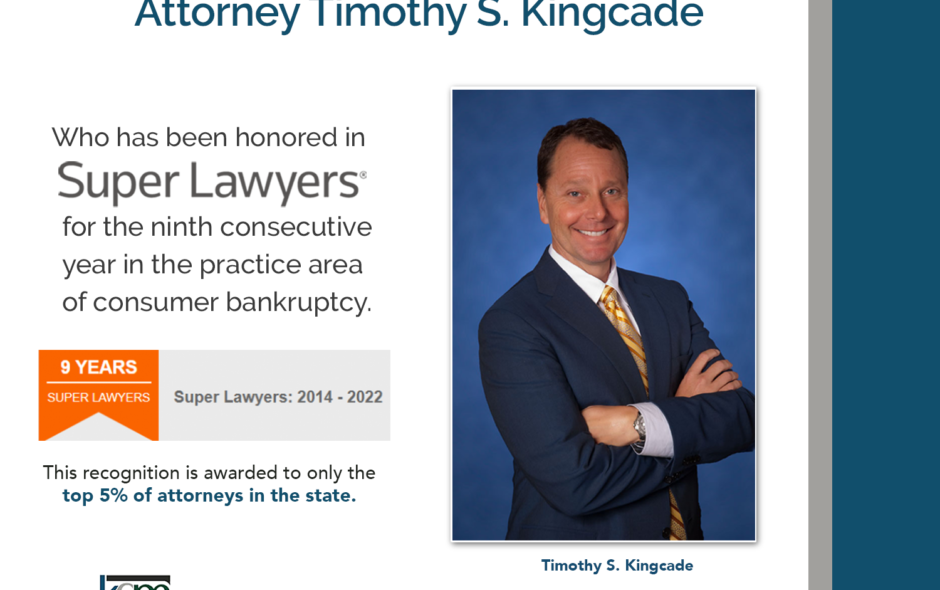Approximately 43 percent of American consumers say they intend to accrue more debt in the next six months. This is despite interest rates increasing, making the cost of borrowing more expensive. This information comes from a recent study published by LendingTree.
LendingTree surveyed more than 1,000 individuals regarding their spending habits. They found that 61 percent of them already carry some level of debt. Approximately 80 percent of consumer debt is linked to expenses that are considered necessary, such as healthcare expenses or other emergencies.










